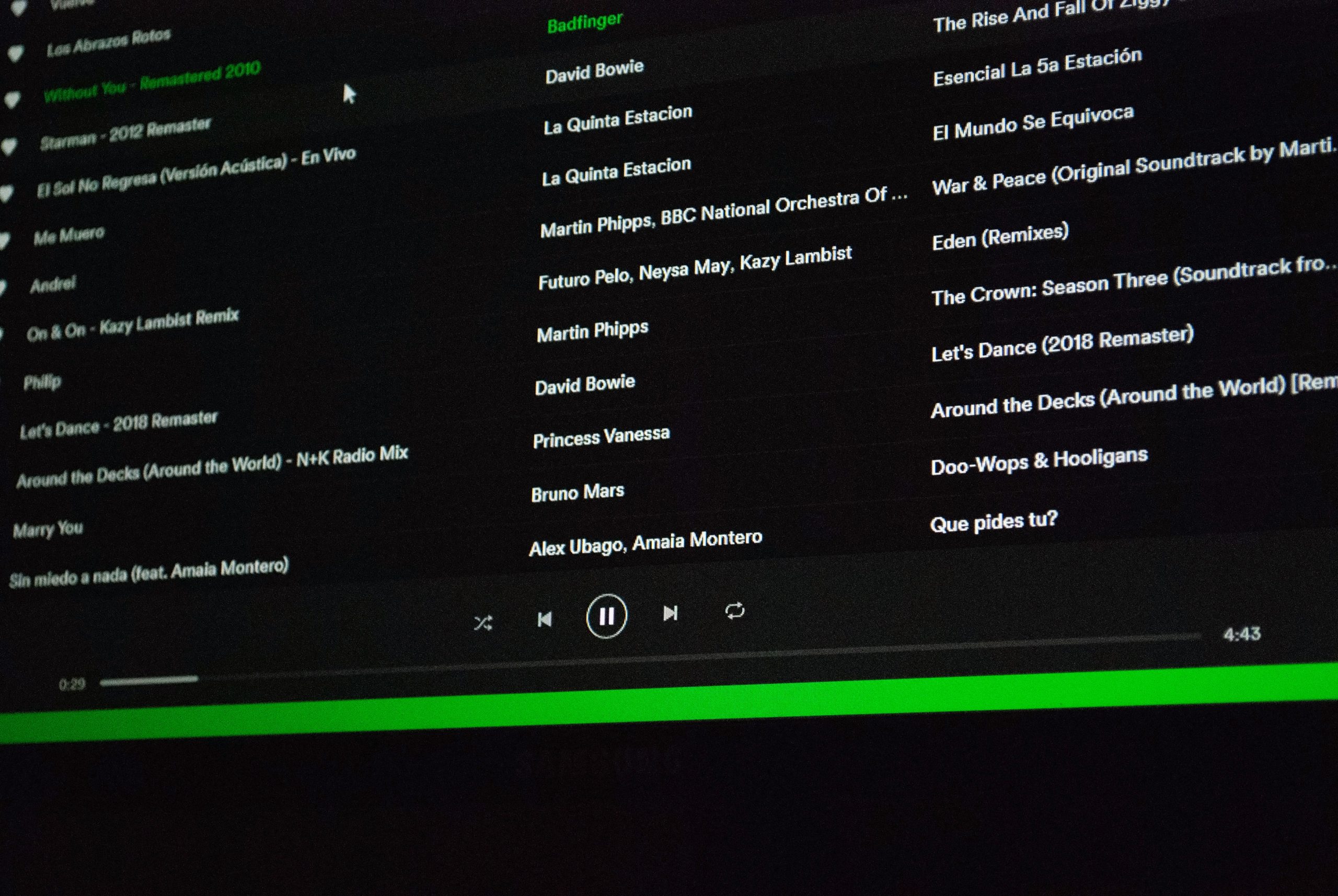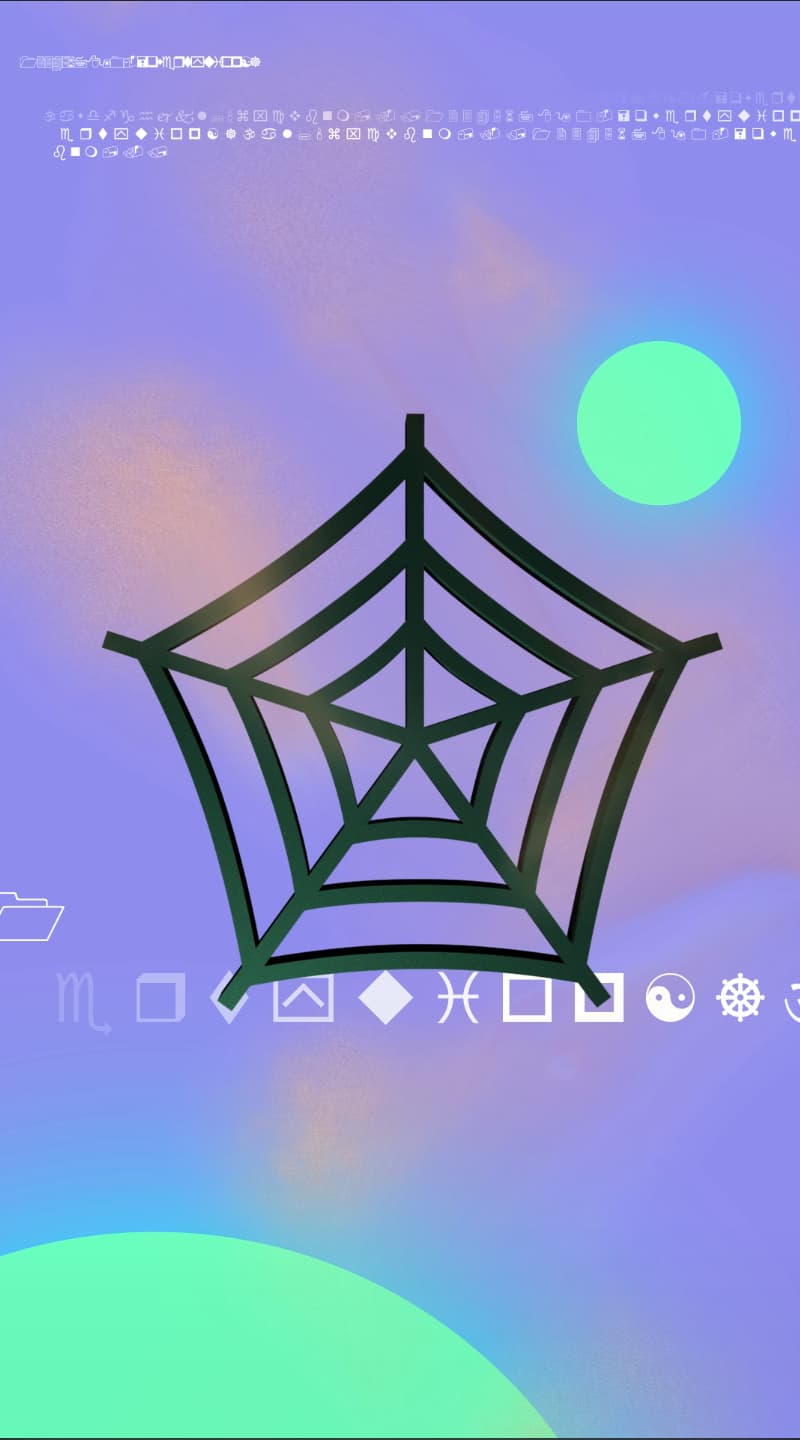The Changing Landscape of Record Labels: What Artists Need to Know
Getting signed to a record label is a major step for most artists. However, the ever-changing music industry landscape means that labels have morphed into something very different from what they were ten or twenty years ago. Contrary to what certain groups may say, labels are still alive and kicking, and are the masterminds behind some of the most-streamed artists on digital platforms such as Spotify, Amazon Music and Apple Music.
The Basics: WHAT IS A RECORD LABEL?
In essence, record labels monetise recorded music. Over the years, the record label industry has come up with various innovative ways of making money from recorded music. Labels typically manufacture, distribute and promote recordings. In some cases, they may also fund the recording process as well as tours, merch and other entertainment collateral.
Majors, Indies and Everything in Between
Sony BMG, Universal Music Group and Warner Music Group have managed to buy out their competitors and are now collectively referred to as The Big Three. These multi-national corporations are essentially powerhouses and stockholders with inhouse A&Rs, marketing executives, PRs, distro specialists and whatnot – basically, everything necessary to make sure that an artist becomes a mega-star, generating more revenue for the label.
The majors often go head-to-head with independent record labels, which are colloquially referred to as “the indies”. The latter are “independent” simply because they’re not owned by the majors. They’re usually small, localised and specialise in niche genres. Moreover, they generally offer better artist deals (a 50/50 share of profits), albeit a more modest advance. This, however, does not mean that artists signed to indies aren’t successful. Beggars Group (one of the world’s largest, most influential independent label groups that’s home to XL, Rough Trade, Young Turks, 4AD and Matador) has brought tens of artists to the forefront. Think Adele (XL), Radiohead (XL), The Smiths (Rough Trade) and Arcade Fire (Rough Trade). In an increasingly globalised world, K-pop company Big Hit Entertainment is now one of the most profitable independent labels in the world, grossing more than $507 million US dollars in 2020.
A lot of artists have fashioned themselves into DIY acts that self-release their music through their own record label. This means that they invest money from their own pockets/crowdfunded money in releasing their records without depending on a traditional label. Global distro services such as Amplify Distribution have made self-releasing easy. Artists get 100% of royalties and can track their earnings and insights. Self-releasing is a steep learning curve, but one that will undoubtedly help emerging artists gain the skills needed to establish a long-term music career. What’s more – DIY musicians such as Chance the Rapper and Frank Ocean have managed to build independent music empires while throwing off the shackles associated with the traditional music industry.
If you’re looking to take self-releasing to the next level, you may want to consider label services. These companies usually offer vital services such as digital and physical sales distribution, marketing services, reporting and budgeting, neighbouring rights collection and whatnot. You’ll be paying an established team for their expertise in all the areas that you recognise you’re lacking in, without having to bear the brunt of complex contracts with labels.
Final notes
Today’s diverse music industry landscape means that there are more opportunities for smaller acts to gain a loyal fanbase and successfully self-release through their own label. Once record labels see that you’re worth investing in, they’ll come knocking at your door…and you wouldn’t have wasted precious time and resources on contacting disinterested labels.






